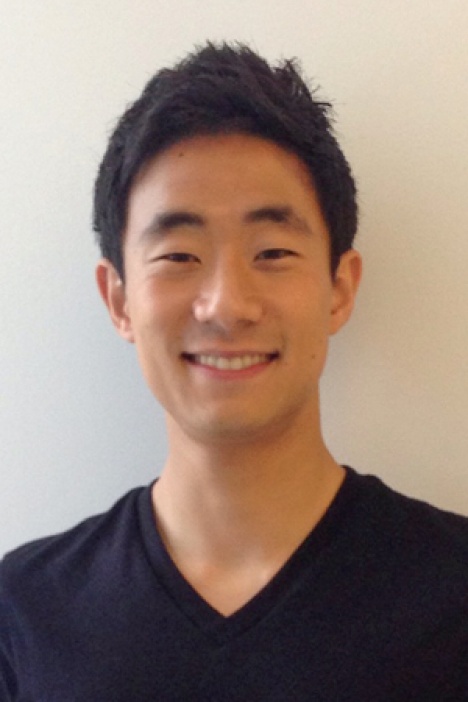William Shin

I am applying and optimizing a number of tools and algorithms the Califano Lab has developed for reconstructing transcriptional regulatory networks from large-scale gene expression experiments, interrogating the networks for the discovery and validation of transcription factors that regulate transitions into physiological or pathological cellular states (also known as master regulators), and identifying post-translational modulators of transcription factor activity. So far, the tools our lab has developed have been applied primarily to contexts in which the tissue of interest is clonally derived and relatively homogeneous when it comes to cellular phenotypes, such as cancer. But in the brain, different regions have been known to exhibit significant differences in the transcriptome and proteome. These differences are compounded when samples are obtained from different individuals who may exhibit differences in their genetic backgrounds. Despite these potential challenges associated with moving to a more heterogeneous context, I have successfully been able to optimize the tools for the study of Alzheimer’s disease and alcohol addiction.
One additional project has been the study of somatic cell reprogramming through cell-fusion with an ES cell. Targets of the Wnt signaling pathway have been known to affect the efficiency of this type of reprogramming. I am using network-based approaches to identify and validate genes that are responsible for reprogramming somatic cells after cell-fusion.
MA, MPhil, Columbia University
Biological Sciences
BS, University of California, San Diego
Bioengineering
Aubry S, Shin W, Crary JF, Lefort R, Qureshi YH, Lefebvre C, Califano A, Shelanski ML. Assembly and interrogation of Alzheimer's disease genetic networks reveal novel regulators of progression. PLoS One. 2015 Mar 17;10(3):e0120352.
Repunte-Canonigo V, Shin W, Vendruscolo LF, Lefebvre C, van der Stap L, Kawamura T, Schlosburg JE, Alvarez M, Koob GF, Califano A, Sanna PP. Identifying candidate drivers of alcohol dependence-induced excessive drinking by assembly and interrogation of brain-specific regulatory networks. Genome Biol. 2015 Feb 2;16(1):68.
Shelanski M, Shin W, Aubry S, Sims P, Alvarez MJ, Califano A. A systems approach to drug discovery in Alzheimer's disease. Neurotherapeutics. 2015 Jan 22.
Chen J, Repunte-Canonigo V, Kawamura T, Lefebvre C, Shin W, Howell LL, Hemby SE, Harvey BK, Califano A, Morales M, Koob GF, Sanna PP. Hypothalamic proteoglycan syndecan-3 is a novel cocaine addiction resilience factor. Nat Commun. 2013;4:1955.